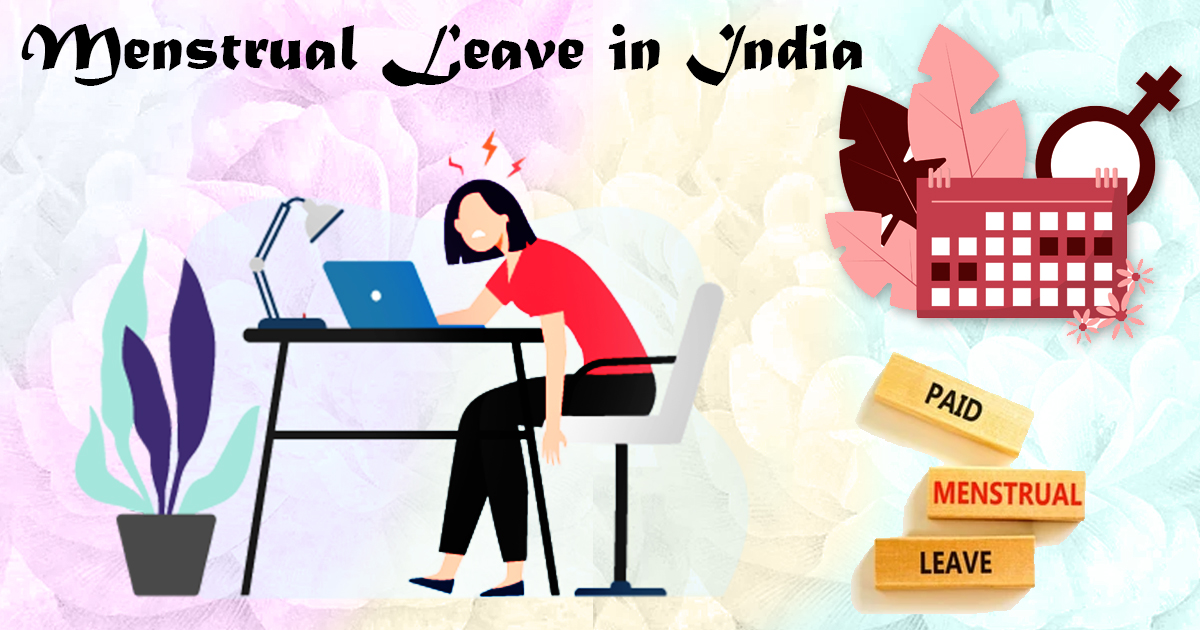Context
The Supreme Court has directed the Centre to frame a model policy on menstrual leave for women employees. This directive highlights the need for recognizing menstrual leave, which offers time off for those experiencing period pains, similar to sick leave.
Currently, menstrual leave is not covered under standard sick leave policies and lacks legislative backing in India.
Notable implementations include Bihar, which has granted two days of paid leave each month since 1992, and Kerala, which introduced menstrual leave across universities and institutions in 2023.
Past Attempts in Parliament
Several legislative attempts have been made, including the Menstruation Benefits Bill (2017) and the Women’s Sexual, Reproductive and Menstrual Rights Bill (2018), although they were not successful.
The ‘Right of Women to Menstrual Leave and Free Access to Menstrual Health Products Bill (2022)’ proposes three days of paid leave for women and transwomen during menstruation.
Need for a Menstrual Leave Policy
- Supporting Women’s Health: Severe menstrual cramps can significantly hinder workplace performance, making menstrual leave essential for affected women.
- Workplace Inclusivity: It normalizes discussions around menstruation, reduces stigma, and promotes gender equality initiatives, such as closing the gender pay gap. Research indicates that menstrual leave can enhance productivity and employee retention.
- Constitutional Perspective: Articles like 15(3) support special provisions for women, and Article 42 ensures fair and humane work conditions.
Arguments Against
- Biased Hiring Practices: Menstrual leave could reduce women’s labour force participation, as seen in Taiwan and Zambia, where implementation faces challenges.
- Health Complications: In Maharashtra’s Beed district, female sugarcane cutters face discrimination, with over 10,000 undergoing uterine removal surgery to secure employment.
- Implementation Challenges: Verifying legitimate use and preventing misuse poses challenges. For instance, Indonesia’s menstrual leave policy requires a medical examination, leading to low uptake.
- Period Shaming: In Spain, the first European nation to introduce paid menstrual leave in 2023, few women have used it due to administrative hurdles and discrimination fears. Incidents in Bhuj and Muzaffarnagar also highlight the potential for humiliation in verifying menstruation status.
Way Ahead
- Provide Adequate Rest Breaks and Clean Facilities: Implement policies ensuring clean toilets and rest breaks for menstruating women.
- Encourage Menstrual Leave Policies: Offer tax exemptions to companies and promote gender-neutral leave policies. For example, Zomato announced a 10-day paid leave period per year in 2020.
- Offer Free Period Products and Medical Advice: Ensure access to emergency period products and medical advice for severe symptoms, similar to the Scotland Period Products (Free Provision) Bill.
- Enhance Global Labour Standards: Improve global minimum standards for labour conditions and rights to reduce the necessity for separate menstrual leave policies.
- Work-from-Home Facility: Provide the option to work from home, offering comfort and flexibility tailored to individual needs.





